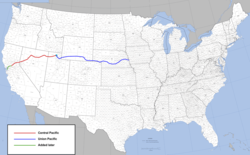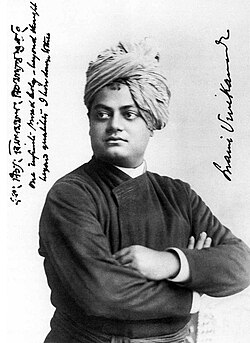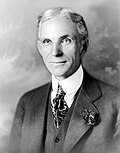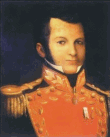| Years |
|---|
| Millennium |
| 2nd millennium |
| Centuries |
| Decades |
| Years |
| 1863 by topic |
|---|
| Humanities |
| By country |
| Other topics |
| Lists of leaders |
| Birth and death categories |
| Establishments and disestablishments categories |
| Works category |
Wikimedia Commons has media related to 1863 .
1863 (MDCCCLXIII) was a common year starting on Thursday of the Gregorian calendar and a common year starting on Tuesday of the Julian calendar, the 1863rd year of the Common Era (CE) and Anno Domini (AD) designations, the 863rd year of the 2nd millennium, the 63rd year of the 19th century, and the 4th year of the 1860s decade. As of the start of 1863, the Gregorian calendar was 12days ahead of the Julian calendar, which remained in localized use until 1923.















